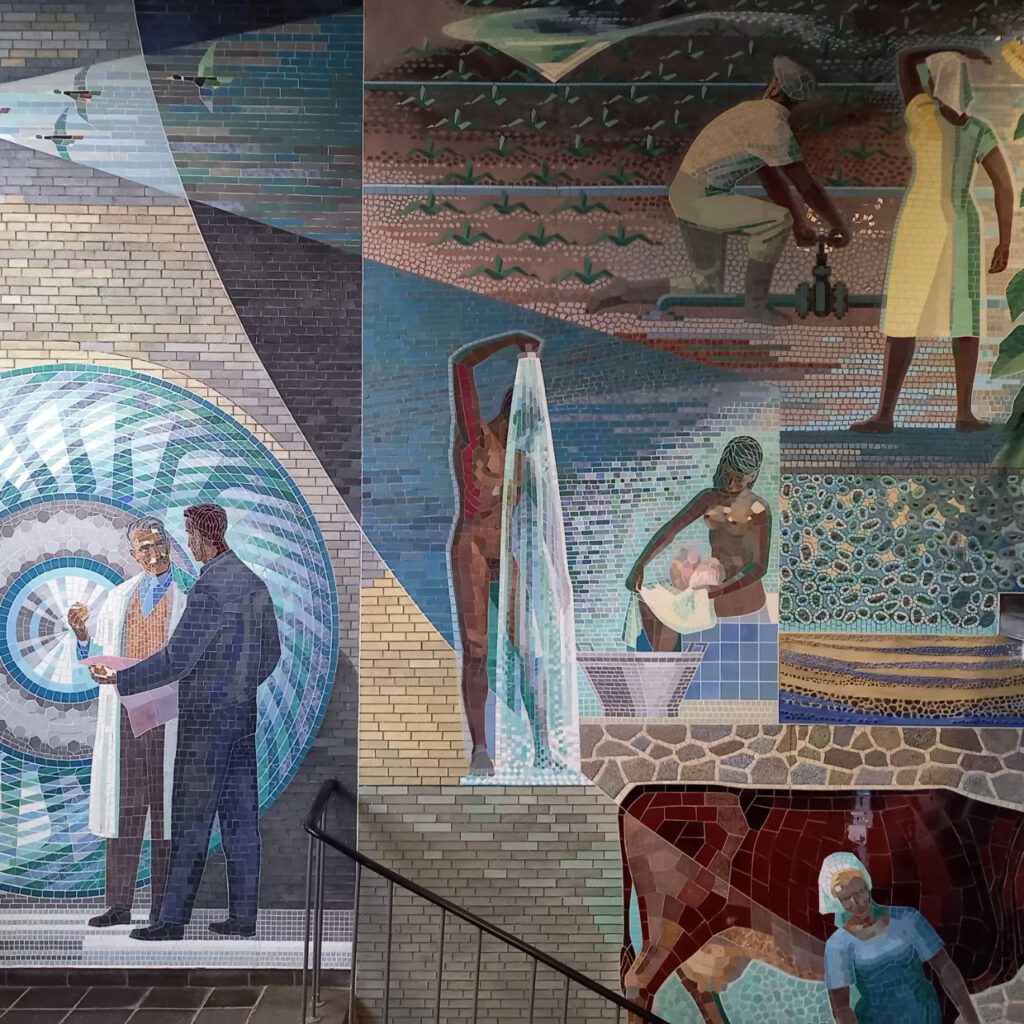
The Anthropocene thesis prompts researchers to fundamentally rethink social–ecological relations: with society being a geological force, no ecological process can be thought of without considering social processes, and vice versa. Water is exemplary of the challenges that characterize the Anthropocene: social and ecological processes intrinsically shape both its quantity and its quality. Moreover, water is both a source of severe disruptions when we think of floods and droughts and an enabler for adaptation to climate change. Adaptive governance is an approach that is helpful to understand and (re)direct social–ecological transformations in the Anthropocene.
In this contribution, Fanny Frick-Trzebitzky et al. demonstrate the usefulness of bricolage thinking for a more grounded and power-sensitive analysis of adaptive water governance. More specifically, they employ the notions of institutional bricolage and extend them to socio-technical tinkering to argue for an understanding of adaptive governance as an experimental practice. To develop their arguments, they draw from research on municipal water supply governance in Accra, Ghana, and in Mansfeld-Südharz, Germany.
Read the full article here: https://doi.org/10.5194/gh-78-397-2023
